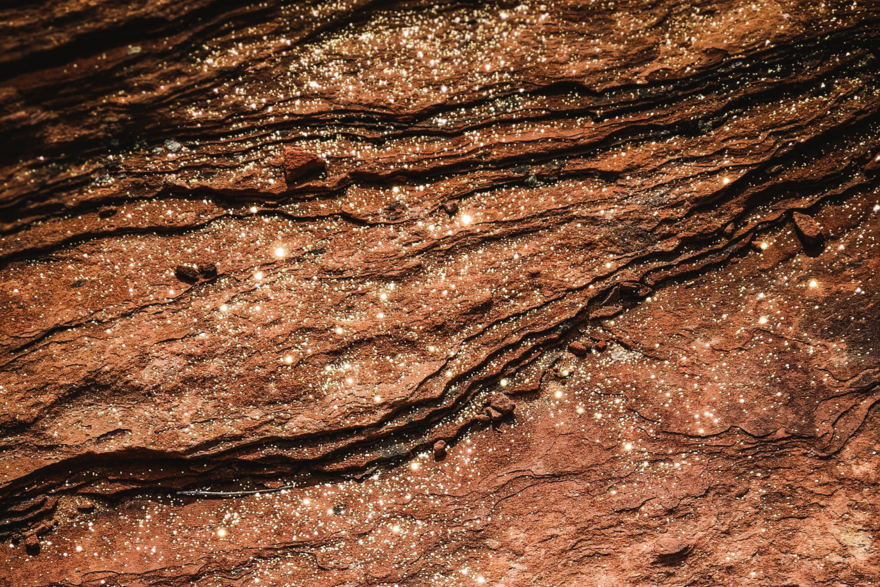WOO! Practicing the future together.

“Science fiction is simply a way to practice the future together. I suspect that is what many of you are up to, practicing futures together, practicing justice together, living into new stories. It is our right and responsibility to create a new world.”
— Adrienne Maree Brown
The quote above is from Emergent Strategy, a book I’ve been obsessed with this year. If you don’t have it yet, order it.
Speaking of excellent books, I just finished The Amateurs by Liz Harmer: mind-blowing.
I paired The Amateurs with Future Home of the Living God by Louise Erdrich, and spent some time considering both of these two near-future worlds — how they differ, and how they overlap. One travels the path of philosophy, one travels the path of spirit. I love them both.
When you get this letter I’ll be finished the last leg of my fall tour — it ends in Sudbury, Ontario.
The last time I spoke in my hometown, I gave a commencement address to the graduating class at my high school. I went to an all-girls school, where we wore maroon-and-navy kilts and white button-down shirts. It was a Catholic school, and it was there, in 9th grade biology class, that I was taught to pray to the Holy Spirit before writing an exam.
In my commencement speech, standing on the stage I mean altar of the Church of Christ the King, I told a thousand young women that we lived in patriarchy. I felt an involuntary ripple of terror in my chest when I said that out loud — left over from generations, probably. But it’s true — so I continued.
I gave them a brief, simple meditation tutorial. I taught them how to come back to their bodies when they were spinning out. I told them to follow their intuition, even when people told them they were crazy to listen to themselves. I told them to follow delight.
I didn’t mention God, or the Holy Spirit, or prayer of any kind. Unless you count coming back to your body and following delight as a form of prayer, which I guess I do.
After I graduated high school, I attended Trent University — not a place with a creative writing program, even though I knew that I wanted to write. The school offered Cultural Studies, a mind-bending field I couldn’t find anywhere else, a major that promised to teach me how to learn about culture from within the very culture I was living.
It was not anthropology, I explained to aunts, uncles, anyone who politely asked. I’m studying us, I’d say. I’m looking at what’s happening to us, right now.
Oh, philosophy! they’d say. Not quite, I’d answer. Because I’m not looking for the truth. At this point the conversation would dissolve.
Molly Blyth was my favourite professor at Trent. She taught oral narrative, women’s writing, native studies, linguistic theory, post-colonial theory, and awe. She thrilled to the possibilities that non-binary perspectives opened, and her wonder was palpable. I’d never been taught such difficult, abstract concepts with so much joy.
Before Molly, I didn’t know it was possible to be intellectual and feel such delight at the same time.
Up to that point, all the smart people I knew were rather dour, with punishing study habits and critical world-views. It was seductive, all of that hard work and negativity — I know, because I’d tried it. It’s true: misery does love company.
Molly Blyth’s classes changed everything. “WOO!” she’d shout, whenever one of us had an aha. Wait — the signifier and signified aren’t stable? Words can be separated from their meanings? “WOO!” she’d cry, when we’d listen to Buffy St. Marie in class, and hear the pow wow drums weaving into the pop beat, and the dominant paradigm wavered like a mirage. “WOO!” I still think, whenever I feel a wave of delight arising when I realize another opportunity to dissolve a boundary and sit with paradox.
This is when I feel most alive: on the hazy, unstable borders of what can’t be known. I wake up whenever I witness brave humans bending category, genre, identity and gender. When I see us practicing the future together, writing new narratives, unfastening old structures.
I dedicated my novel Radiant Shimmering Light to Molly Blyth because it was in her classes — where everything that was locked in came unfastened, where concepts of truth and meaning were understood to be diverse, changing and multi-voiced, where intellect, mystery, and spirit worked together — that I felt most at home.
The most profound learning is often unexpected. Has someone in your life helped you crack something open in this way? Please leave me a comment and let me know.
xo,

Photo credit: Gerson Repreza on Unsplash.
Disclosure: This post contains affiliate links. If you purchase something using one of these links, I may earn a commission. I only recommend books or products I trust.

5 comments
Leave a comment